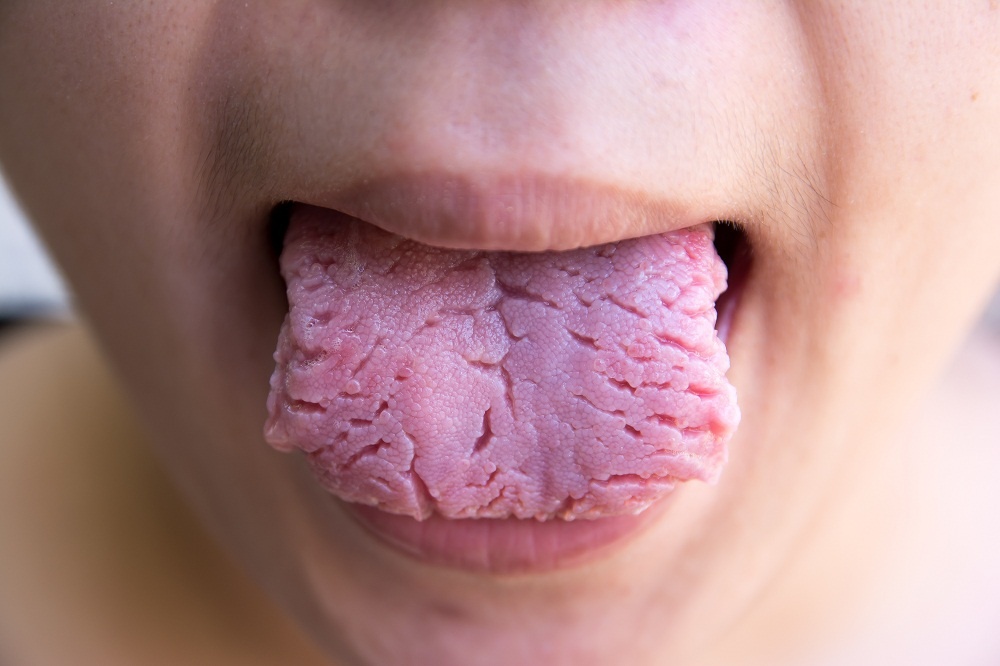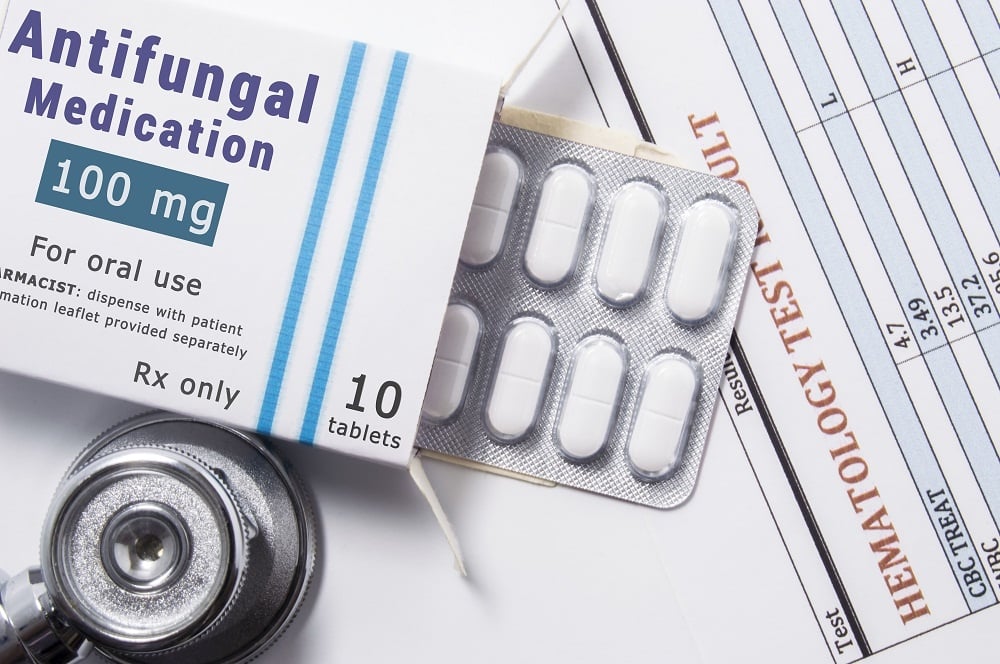Dentures and Oral Thrush: Is It Common?
 Dentures in Las Vegas, NV, can significantly increase quality of life for patients suffering from missing teeth. They make it easier to eat and speak, not to mention the boost in confidence they provide. In some cases, problems with a yeast infection in the mouth called oral thrush can accompany the use of dentures. Fortunately, a dentist can easily diagnose this condition and give you options for treatments as well as preventive measures to decrease the chances of thrush being a recurring problem after you get dentures. Here's what you need to know about oral thrush and dentures.
Dentures in Las Vegas, NV, can significantly increase quality of life for patients suffering from missing teeth. They make it easier to eat and speak, not to mention the boost in confidence they provide. In some cases, problems with a yeast infection in the mouth called oral thrush can accompany the use of dentures. Fortunately, a dentist can easily diagnose this condition and give you options for treatments as well as preventive measures to decrease the chances of thrush being a recurring problem after you get dentures. Here's what you need to know about oral thrush and dentures.
What Is Thrush?
Thrush is the common name for a yeast infection caused by a fungus called candida. Everyone has candida in the mouth, but when there are larger than normal quantities of candida it will infect the lining of the mouth, or oral mucosa. Thrush can actually occur in other parts of the body, but when it affects the mouth it's called denture stomatitis, or oral thrush.
What Causes Oral Thrush?
Those who are most susceptible to oral thrush are typically denture wearers, especially if the dentures aren't properly cleaned or routinely removed at night. There are other causes of oral thrush as well, like eating a lot of carbs or taking steroids or antibiotics. Individuals with immune system problems and people with diabetes are also at higher risk of developing oral thrush.
What Are the Symptoms?
Thrush can affect both the upper and lower denture, but it's most common on the upper denture and the tongue. The most common symptoms of oral thrush are red or white splotches on the area under the denture. There are sometimes red sores, inflammation, or cracking at the corners of the mouth as well.
How Is It Diagnosed?
Oral thrush is usually easy to diagnose with a simple visual exam. Some dentists may also scrape the tissue and do a swab culture to confirm the diagnosis. While you may be fairly certain you have oral thrush based on your symptoms, it's always a good idea to get a professional diagnosis to ensure you treat it appropriately.
What Are the Complications?
Oral thrush is an uncomfortable condition to live with because it can make the mouth very sore if it's left untreated. But in addition to this, if the condition is left untreated it can result in poorly fitting dentures in the future, so to avoid additional dentures cost in Las Vegas, NV, in the future, make sure you have the condition treated as soon as possible.
How Is Thrush Treated?
 Oral thrush is easily treated after diagnosis. Some sort of antifungal medication will be prescribed, whether it's a topical medication, pill, or lozenge. An antimicrobial mouth rinse should also be used along with the antifungal medication. The dentures should be cleaned overnight with a diluted bleach solution for dentures or non-bleach solution for partial dentures if they contain metal. These disinfection procedures should be done for a week.
Oral thrush is easily treated after diagnosis. Some sort of antifungal medication will be prescribed, whether it's a topical medication, pill, or lozenge. An antimicrobial mouth rinse should also be used along with the antifungal medication. The dentures should be cleaned overnight with a diluted bleach solution for dentures or non-bleach solution for partial dentures if they contain metal. These disinfection procedures should be done for a week.
How Is Recurrence Prevented?
Unfortunately, a recurring infection can easily result if proper cleaning and oral hygiene is ignored after treating the initial infection. The dentures should be rinsed after meals and cleaned properly every night. It's important to follow basic denture care instructions, which means brushing and soaking them every day. To learn more about how you prevent oral thrush and keep your dentures in the best condition possible, contact the experts at Las Vegas Prosthodontics today.



